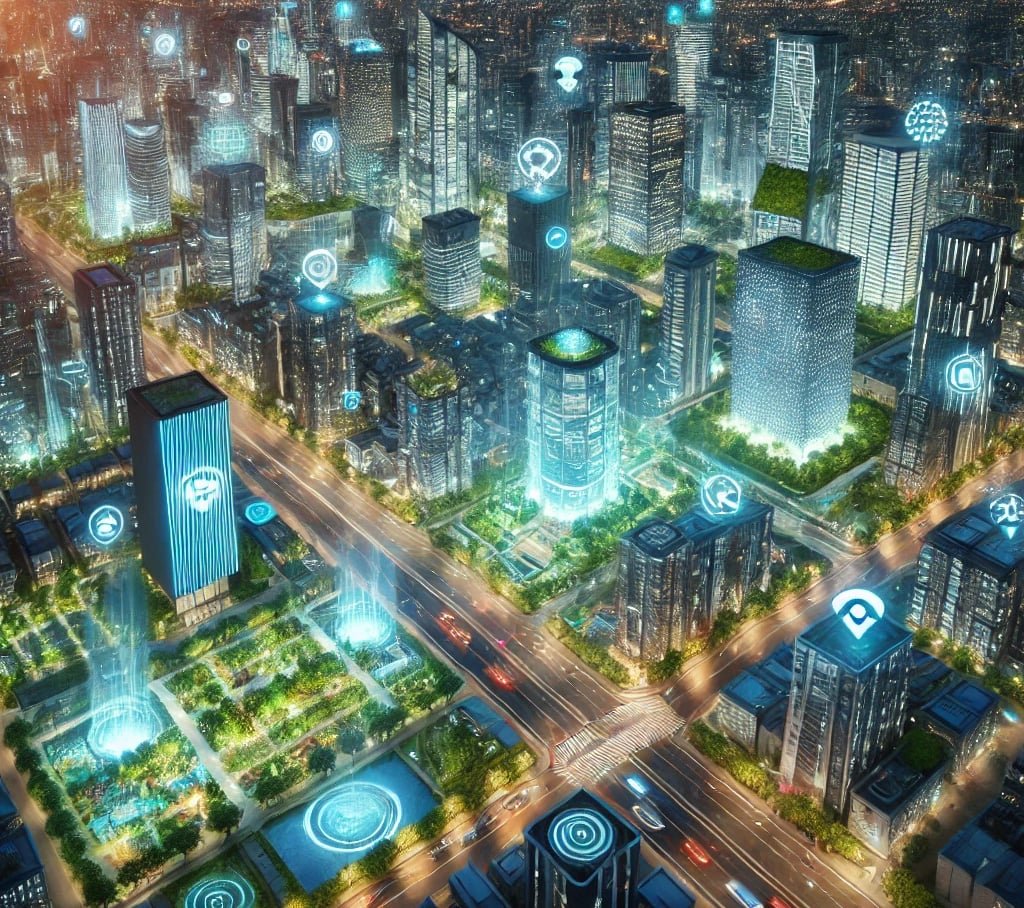The Rise of Smart Cities: How AI is Shaping Urban Living
Discover how artificial intelligence is transforming cities into smarter, more efficient, and sustainable environments. Explore the innovations reshaping urban living and their impact on everyday life.


Introduction
Urbanization is accelerating at an unprecedented rate. By 2050, over two-thirds of the world's population is expected to live in cities. As cities grow, so do the challenges of managing resources, ensuring safety, and maintaining sustainability. Enter artificial intelligence (AI)—the catalyst for creating smarter, more connected cities.
What Are Smart Cities?
Smart cities leverage technology and data-driven solutions to improve urban living. From intelligent traffic systems to energy-efficient buildings, AI plays a central role in analyzing data, optimizing processes, and making real-time decisions.
AI Innovations in Smart Cities
Traffic Management
AI-powered traffic lights analyze patterns to reduce congestion and improve commute times. Autonomous vehicles, another AI innovation, promise safer and more efficient transportation.Public Safety
Predictive policing, powered by machine learning, helps authorities allocate resources effectively. AI-powered surveillance systems can detect unusual activities, enhancing safety.Energy Efficiency
Smart grids use AI to balance energy demand and supply. Buildings equipped with AI optimize lighting, heating, and cooling to reduce waste and costs.Waste Management
AI systems monitor waste levels in bins and optimize collection routes, saving time and resources.Healthcare Access
AI in telemedicine ensures timely healthcare access, while predictive analytics can help in managing outbreaks and planning healthcare services.
Challenges and Ethical Considerations
While the potential of AI in smart cities is immense, it raises concerns about privacy, data security, and bias in decision-making. Transparent governance and ethical AI frameworks are essential to address these issues.
Conclusion
Smart cities represent a vision of the future where technology and sustainability coexist. AI is not just reshaping urban living—it’s creating opportunities to build cities that are smarter, greener, and more responsive to human needs. The question is not whether AI will play a role in urbanization, but how we can harness its potential responsibly.